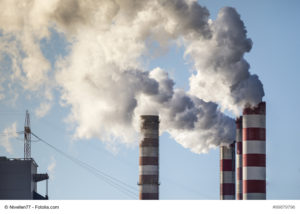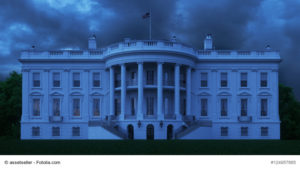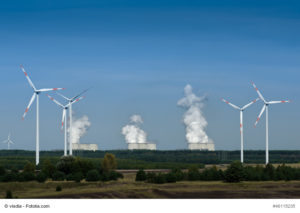
At first glance, the outlook for climate policy in 2017 does not look too promising: Donald Trump has become the president of the US and presented an energy plan that does not even mention climate change but is based on shale gas and coal. In addition, Europe’s often claimed leadership in climate policy is in jeopardy, with Brexit and the potential outcome of elections in the Netherlands and France, where populism and EU scepticism is on the rise.




